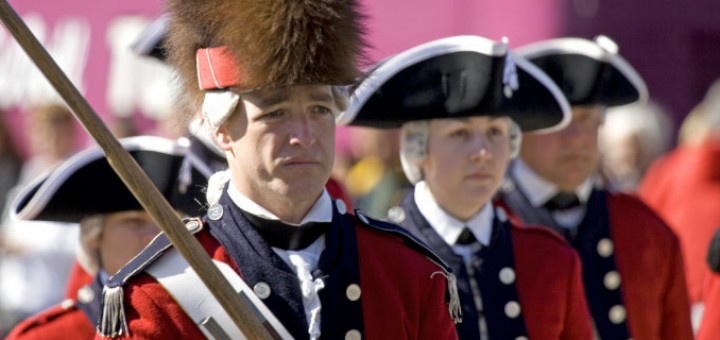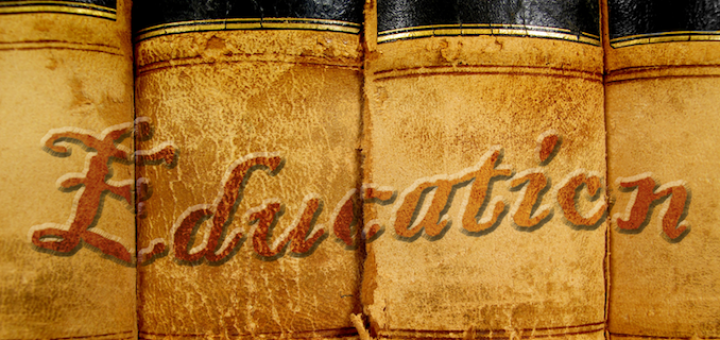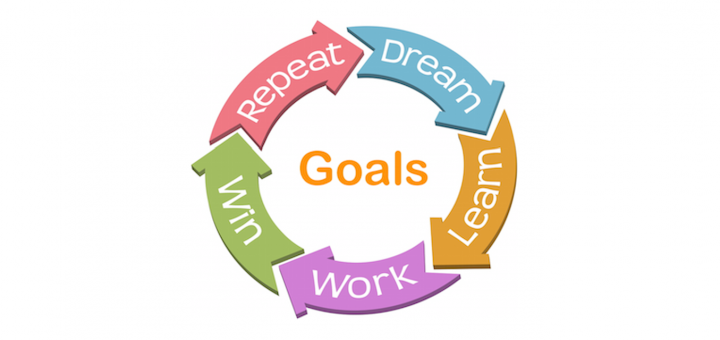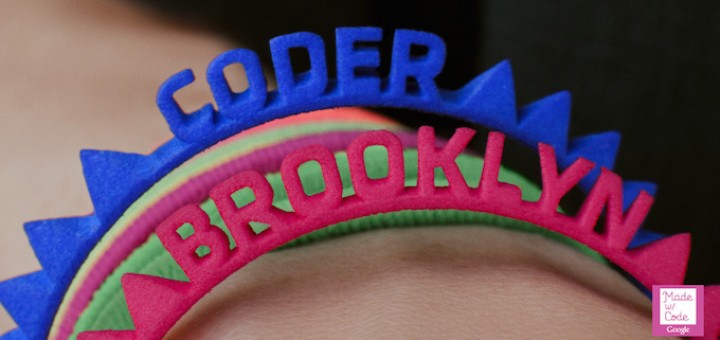Teaching and learning in grades 4-8
When student teams create skits to gain perspective on different aspects of the same historical event, they may begin to grasp complexity of history. Sometimes they leap to fresh insights, as they did during a Revolutionary battle in Jody Passanisi’s classroom.
Jim Knight’s Unmistakable Impact: A Partnership Approach for Dramatically Improving Instruction focuses on school leaders working with an instructional coach in a partnership model, says principal Matt Renwick. But he finds value in the book for other leaders who lack a coaching model.
Family Reading Night gives schools everything they need to present enjoyable monthly reading and literacy activities for young students and their families. Reviewer Mara Southorn notes this 2nd edition includes Spanish translations of activities. Middle schools may need to adapt.
Even if you think you know all there is to know about middle schoolers, says teacher-reviewer Beth Morrow, you are bound to understand their thinking and behavior differently after you finish reading What Every Middle School Teacher Should Know.
Quality feedback – written and oral – is crucial for students to continuously improve their work. Author-consultant Barbara Blackburn summarizes eight characteristics of good feedback that she believes “are essential practices for effective teaching.”
Will 2015 be the year when we decide what STEM programs should and shouldn’t be? STEM consultant Anne Jolly peruses the field of current middle school programs and compares the many permutations to STEM criteria defined by the initiative’s originators.
Students can learn difficult vocabulary when they are immersed in a rich array of words, says reading expert Janet Allen. In this excerpt from her new book of vocabulary teaching tools, Allen describes ways to create a word-rich environment. Includes reproducibles.
New Year resolutions about teaching and learning are too limiting and ultimately frustrating, says co-teaching coach Elizabeth Stein. Teachers can help students (and themselves) pursue goals all year using 5 self-reliance strategies to insure progress.
As Mary Tarashuk’s fourth graders took part in the Hour of Code this past December – assuming then switching roles as drivers and navigators in a code writing exercise – she considered how she might play the navigator more often in her own classroom.
Working to bring America’s Colonial Period to life in the classroom? Stephanie Harvey and Anne Goudvis’ new toolkit will help history teachers engage students with primary sources, digital links and visual guides. “A gold mine!” says reviewer Linda Biondi.






































